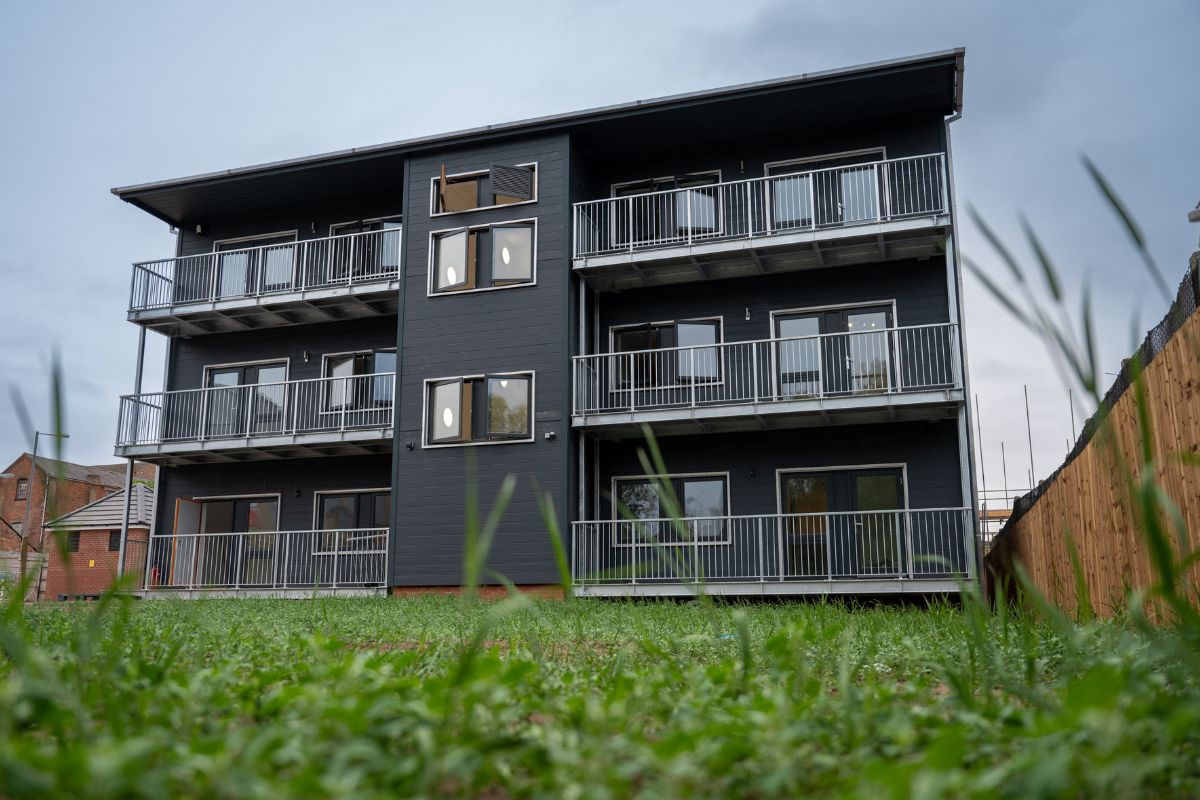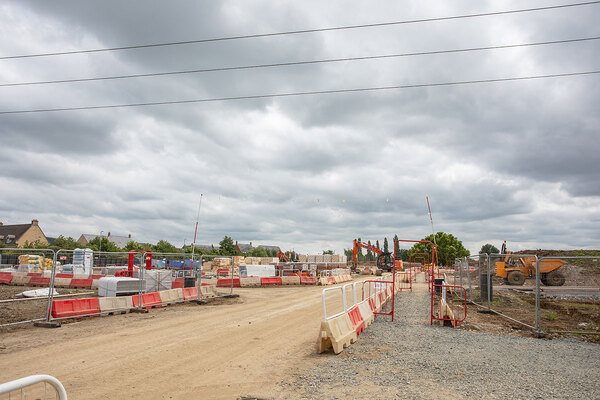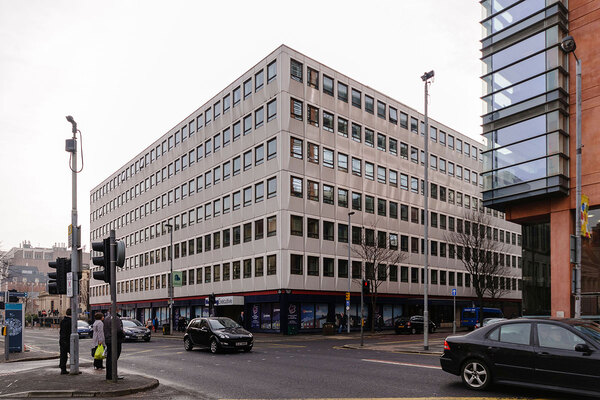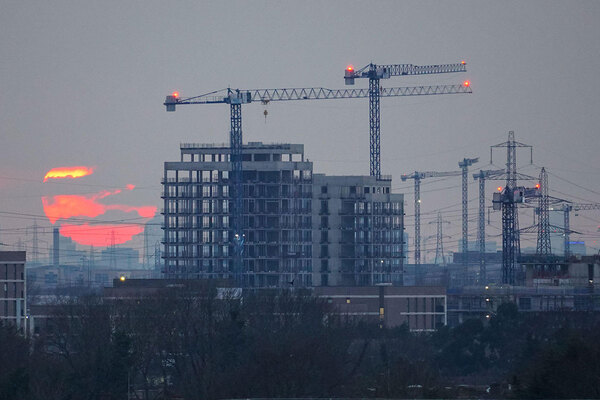Developer calls for ‘separate planning category’ for brownfield sites alongside cautious approach
Major developer Berkeley believes a separate planning category for brownfield developments is necessary as a result of the proposed changes to the National Planning Policy Framework (NPPF).
The house builder shared its views on the NPPF as part of its latest trading update today for the period from 1 November 2022 to 28 February 2023.
Berkeley said its trading was in line with the levels identified in the December interim results, in which sales since the end of September 2022 were around 25% lower than the strong first five months of the financial year.
It stated: “With the recent changes proposed to the NPPF and the Levelling-up and Regeneration Bill, it is now increasingly clear that brownfield development requires a separate planning category if brownfield sites are to come forward for residential delivery and play the central role they can and should in addressing the housing crisis.”
Research shared with Inside Housing earlier this week estimated that the changes to the NPPF will result in the delivery of around 17,500 fewer affordable homes per year.
Alongside the estimate by Lichfields, the planning and development consultancy, a number of sector professionals weighed in with their concerns about the changes, which they believe will restrict and reduce affordable housing across the country.
Beyond the NPPF, Berkeley described its performance as “resilient” despite market volatility since the end of September. It said this reflected the underlying demand for quality homes in London and the South East.
The house builder said it remained focused on cost control and maintaining operating margins, with build cost inflation showing early signs of moderating. It added that it would adopt “a cautious approach to releasing new phases to the market as we focus on the quality of our forward sales”.
Berkeley believes it is on target to deliver pre-tax earnings of approximately £600m for the year ending 30 April 2023, with at least around £1bn in aggregate to be delivered for the following two years.
The house builder also confirmed its intention to sign the developer pledge contract with the government by Monday’s deadline.
Earlier this year, housing secretary Michael Gove warned builders that a failure to sign new contracts agreeing to cladding remediation will mean they have to “find another line of work”.
Mr Gove has threatened to strip large builders of the right to gain planning permission or building control approval if they do not sign the contracts, which commit them to remedying defects on homes they developed, by 13 March.
He told MPs: “Anyone who fails to sign the contract will be prohibited from carrying out future development and from receiving building control sign-offs for buildings under construction. A developer who fails to sign this contract will have to find another line of work.”
Sign up for our development and finance newsletter
Already have an account? Click here to manage your newsletters












